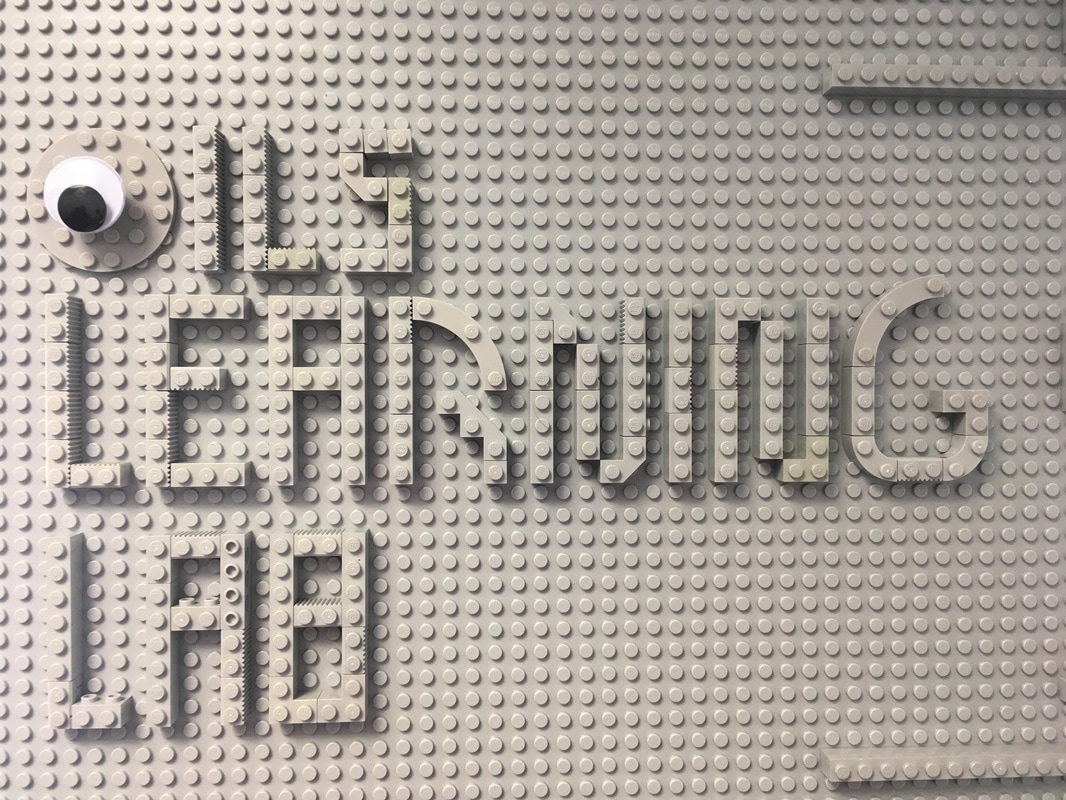The OILS Learning Lab is a multipurpose space in Zimmerman Library. Its function changes throughout the day, as it hosts research lab meetings, game design workshops, e-textile open studios, brown bag lunches, and doctoral seminars.
The lab is outfitted with a range of learning sciences research materials, including books, computers and recording devices, as well as low fidelity prototyping materials such as LEGO blocks, clay, e-textiles, Arduino, and LEDs.
The purpose of this website is to document its progress as we make it a learning space and a space to study learning.
Our space is not a fully-fledged maker space, but instead can serve as a stepping stone or entry point for those interested in such spaces. Our materials allow for low-fidelity prototyping and exploration of materiality. We are interested in the following questions:
The lab is outfitted with a range of learning sciences research materials, including books, computers and recording devices, as well as low fidelity prototyping materials such as LEGO blocks, clay, e-textiles, Arduino, and LEDs.
The purpose of this website is to document its progress as we make it a learning space and a space to study learning.
Our space is not a fully-fledged maker space, but instead can serve as a stepping stone or entry point for those interested in such spaces. Our materials allow for low-fidelity prototyping and exploration of materiality. We are interested in the following questions:
- How might we design tasks that encourage learners to approach problems in agentive and generative ways and to reframe, ideate and evaluate when desirable?
- How do learners co-regulate in small groups as they engage in different types of design tasks? Does this explain variance in process, product, or learning?
- What kinds of reflective tasks are needed to encourage learners to transfer reframing strategies forward from context-light tasks into contextual, personally-relevant tasks?
- What scaffolds support learners to engage in tasks when there is no clear client?
- What tools/strategies support students to recognize and overcome fixation?

